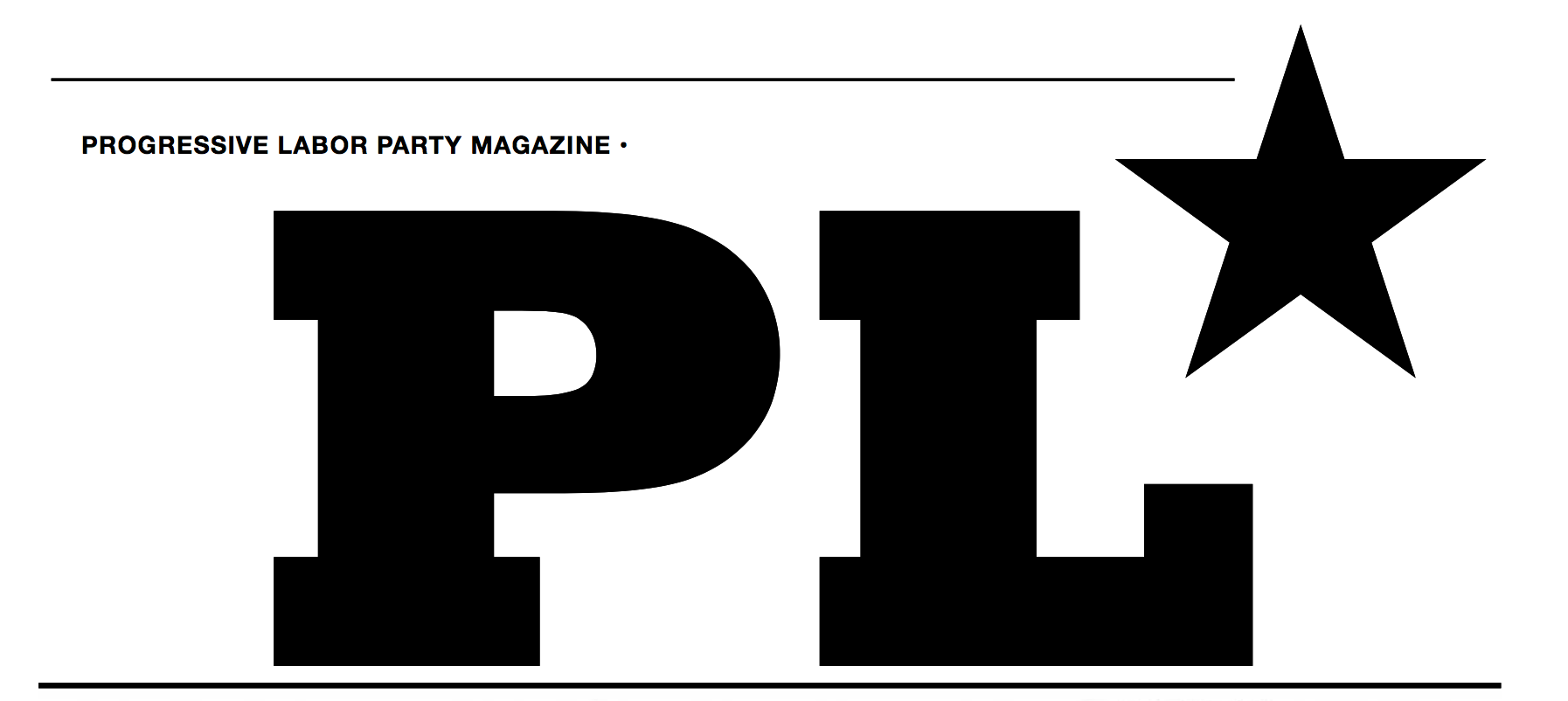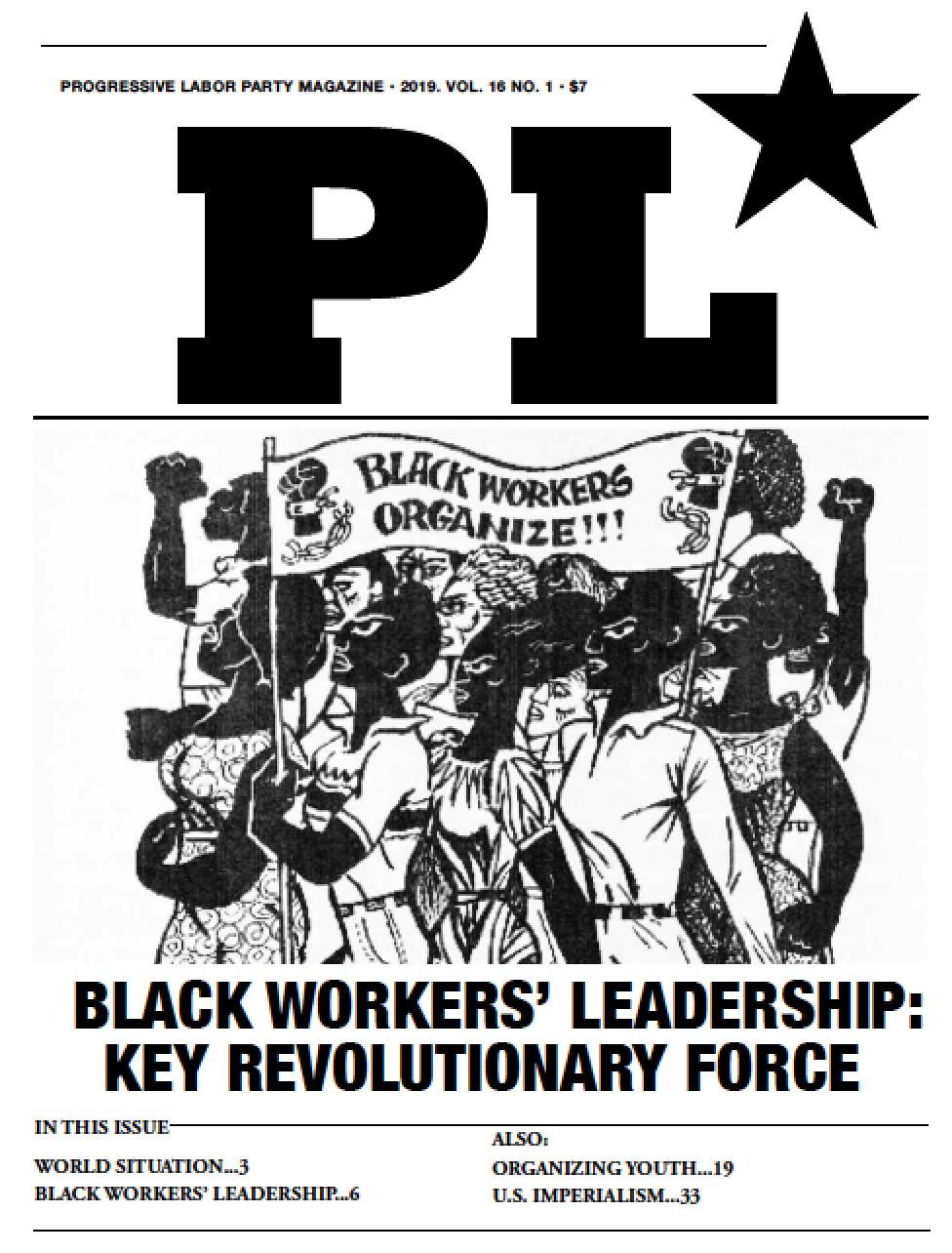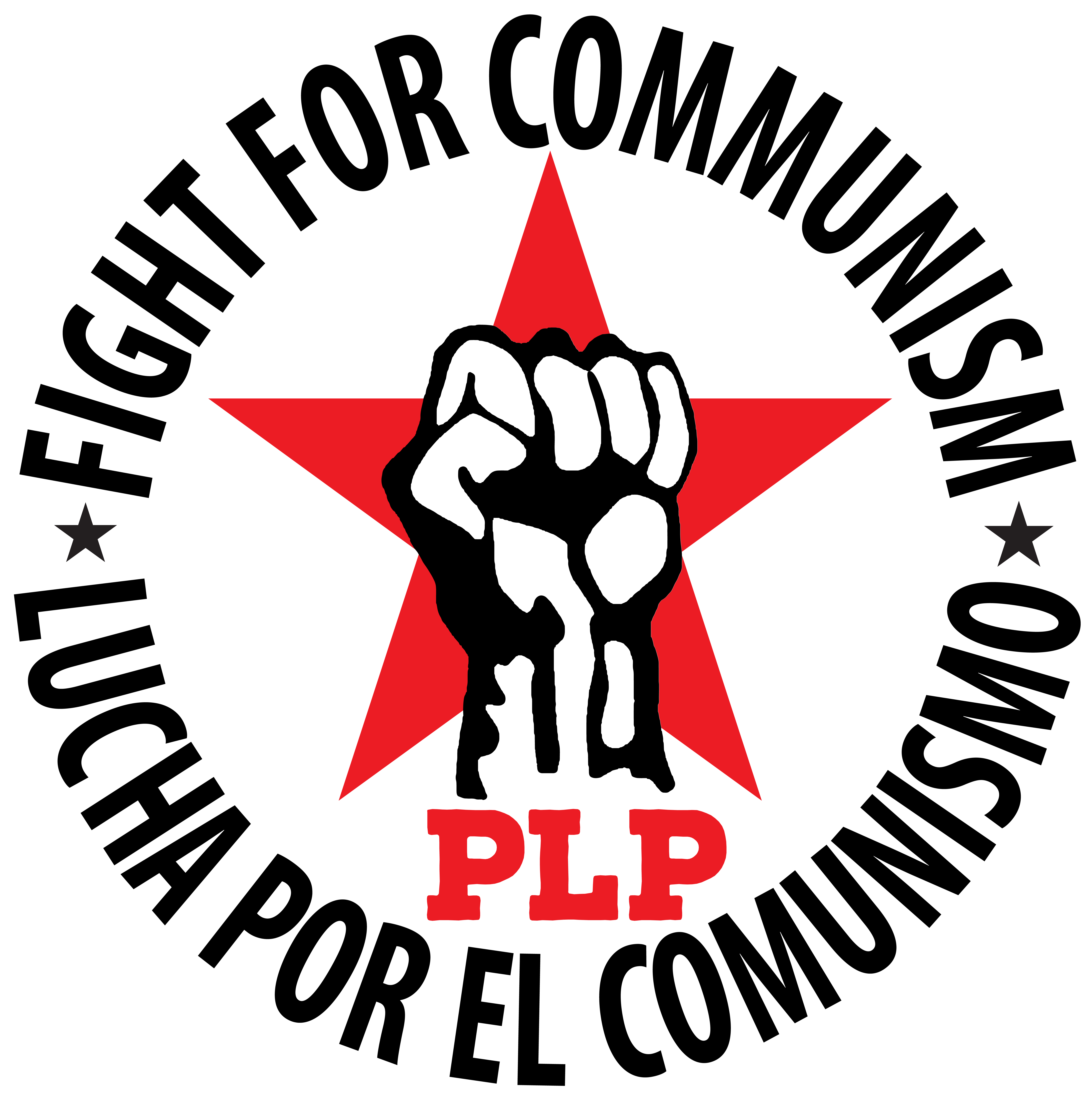200th anniversary of Peterloo Massacre
 Friday, August 9, 2019 at 9:36AM
Friday, August 9, 2019 at 9:36AM The Peterloo Massacre is a snapshot in the history of class struggle around the world that is largely hidden from workers by the rulers. Though this was not a revolutionary struggle but rather one for electoral rights, it does show the determination of workers to fight back against the intolerable conditions that capitalism imposes on our class. And, as always, the lessons learned lead to advances for workers’ struggles.
On Monday, August 16, 1819, a mass demonstration of working women and men and radical reformers in the city of Manchester was attacked by the British Army, leaving 18 dead and 700 wounded (peterloomassacre.org). This brutal and bloody atrocity was soon called “Peterloo” in mockery of the victory over Napoleon Bonaparte’s army at Waterloo in 1815. (The journalist who coined that phrase was sentenced to a year in prison!)
The end of the 20-year long Napoleonic wars caused a depression in the British economy. Manchester was a center of developing capitalist industry, especially in weaving. The powerloom industry was growing, with 20,000 workers, but there were still 40,000 handweavers, working from home. Many thousands of these workers and their families became homeless and starving after the war period. Wages for a 16-hour days had been cut by 50 percent (theguardian.com).One account from a book entitled The Peterloo Massacre by Robert Reid vividly recalls the conditions that triggered the rebellion:
Nothing but ruin and starvation stare one in the face [in the streets of Manchester and the surrounding towns], the state of this district is truly dreadful, and I believe nothing but the greatest exertions can prevent an insurrection [rebellion]
Workers rebel against
bosses crisis
Three years earlier, in November and December, 1816, protest demonstrations at Spa Fields, London had been attacked by the bosses. After that, a few small revolutionary societies, mainly composed of middle-class radicals who supported the now-defeated French Revolution, had conspired to overthrow he British government. Each was infiltrated and betrayed by government spies – the Blanketeers, Manchester, March 1817; the Pentrich Rising (June, 1817); and the Cato Street Conspiracy (1820).
Strikes against the capitalist class had targeted economic issues, such as low wages and lack of food. But Peterloo was different.
Workers go out and
cops target women
Called on a Monday, so that handloom weavers, who didn’t work Mondays because they had already worked throughout the weekend, the Peterloo demonstration was not revolutionary, but a demand for a reform of Parliament—to give more men the vote (women could not vote until the 1920s). Afraid of the might of the organized workers, local politicians demanded that the leaders of the demonstration be arrested. They sent in the army. The Hussars (heavy cavalry) charged the workers on horseback, swinging sabers (heavy swords). Many women were among the demonstrators. Soldiers specifically targeted the women for wanting the same rights as men. They were three times more likely to be killed or wounded than men.
Shelley commemorates peterloo
Percy Bysshe Shelley commemorated Peterloo in his poem, “The Masque of Anarchy,” which includes this stanza:
Karl Marx said that Shelley, who died in 1822, “was a revolutionary through and through and would consistently have stood with the vanguard of socialism.”
Lessons for the working class
Peterloo is recognized as the beginning of mass, organized working-class protest for political and social reform in England. It showed that the working class is capable of organizing for its class interests at many levels, and it showed the intransigence of the ruling class in fighting in its own interests. The experience of Peterloo led to the Chartist Movement (a mass, and often violent, working-class movement for political reform in the first half of the 19th century, which led to the development of the trade unions. (The British imperialists used similar, and even more brutal and bloody tactics to presrve their rule in India in 1919, when they opened fire on a peaceful gathering at Amritsar, killing 400 and injuring 1,000.)
The experiences at Peterloo led to the development of revolutionary communist ideology and the fight to completely overthrow the capitalist system.





 Progressive Labor Party (PLP) fights to destroy capitalism and the dictatorship of the capitalist class. We organize workers, soldiers and youth into a revolutionary movement for communism.
Progressive Labor Party (PLP) fights to destroy capitalism and the dictatorship of the capitalist class. We organize workers, soldiers and youth into a revolutionary movement for communism.




Reader Comments